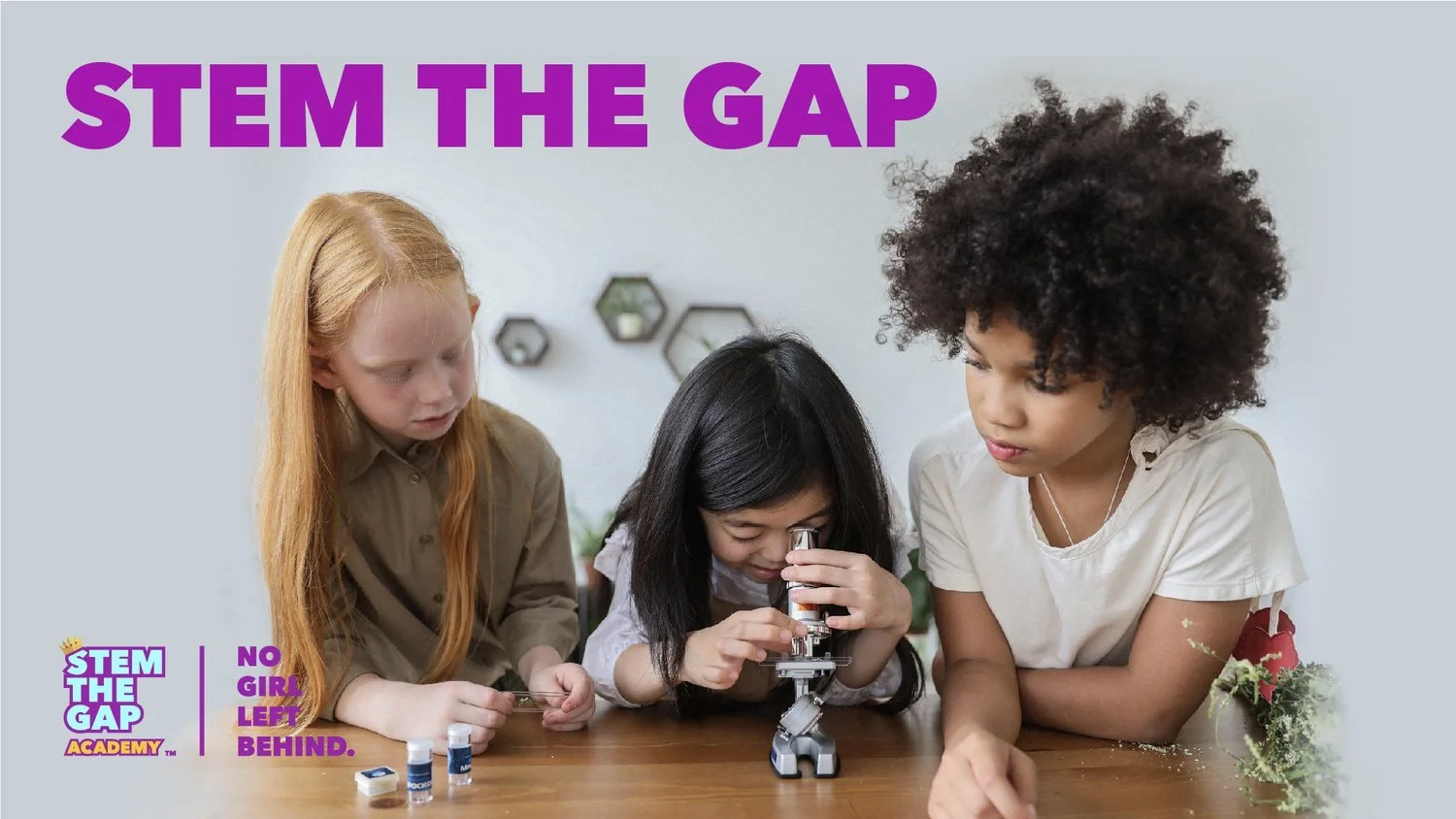DON’T TELL ME I’M PRETTY
Young girls growing up, often hear statements like, ‘You’re so beautiful!’ or ‘What a pretty little girl!’ Oftentimes, the adults who offer these compliments, extend them with good intentions and with a desire to instill confidence and values of self-worth in the young girls they are addressing.
The reality, unfortunately, is that they are doing quite the opposite; through repetition, they are teaching and conditioning their girls to prioritize ‘beauty’ above all other qualities. This repetition, obviously, doesn’t just come from inside the home or in our local communities; it is a far larger societal problem, propagated by patriarchal and sexist standards, that always label women as the ‘fairer sex’, who are meant to ‘sit still and look pretty’. Even with feminist movements over the years and the improvements made in the way women are seen and addressed, you don’t have to look too hard to find these biases still alive and thriving around us in the way girls and women are portrayed and objectified in the media.
When we repeatedly tell girls that they are pretty, we reinforce the notion that their value is not in their capabilities or who they are, but in how they appear to the world. It’s no surprise that, for so many girls and women, being beautiful becomes an obsession and an unreachable ideal that eats away at their confidence and can contribute to the development of a wide spectrum of psychological issues, including eating disorders and body dysmorphia.
This lack of confidence in girls extends to all areas of life, not just in personal appearance. In STEM (Science, Technology, Engineering and Mathematics) Careers, for example, men still greatly outnumber women, even though progress has been made to bridge the gender gap.
Studies have found that girls’ achievements and interest in math and science are shaped by their environments. “When teachers and parents tell girls that their intelligence can expand with experience and learning, girls do better on math tests and are more likely to say they want to continue to study math in the future. That is, believing in the potential for intellectual growth, in and of itself, improves outcomes. This is true for all students, but it is particularly helpful for girls in mathematics, where negative stereotypes persist about their abilities.” (‘Why So Few? Women in Science, Technology, Engineering and Mathematics’, American Association of University Women, 2010)
What we tell our girls matters. Language matters. This is not a matter that is still up for debate. It is a fact that the language that we use becomes the lens through which we experience the world around us and the world within us. Our cultural hyperfixation on beauty for girls, creates an imbalance where girls learn to value other qualities about themselves less.
This is not to say that we should stop calling our girls beautiful. Beauty, after all, can be an all-encompassing notion that embraces the beauty within and not just an external and superficial cosmetic beauty. We should, however, be vigilant that ‘beautiful’ is not always the first descriptor we use when we want to compliment our girls.
So the question remains, what can we say when we want to compliment our girls and raise them to be both confident and assertive people, who know their self-worth? How about instead of praising their looks, we praise their capacity to learn, their initiative, their imaginations and their enthusiasm and excitement? What would happen if girls began believing that their ideas were valuable and their contributions were required?
Raising Girl Bosses must start from the get-go in the home when they are young and still developing. Unfortunately, there is no way to keep out all the negative stereotypes, biases and messaging that is still targeted towards females in the world, but when we offer them a different perspective that doesn’t just highlight the importance of their outward appearances, we empower and equip them to go into the world of biases and inequality, stand their ground and have a positive impact in their families, schools and careers.
Sally Sampson











